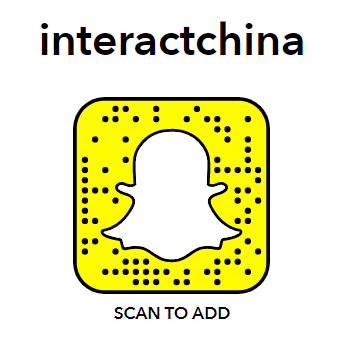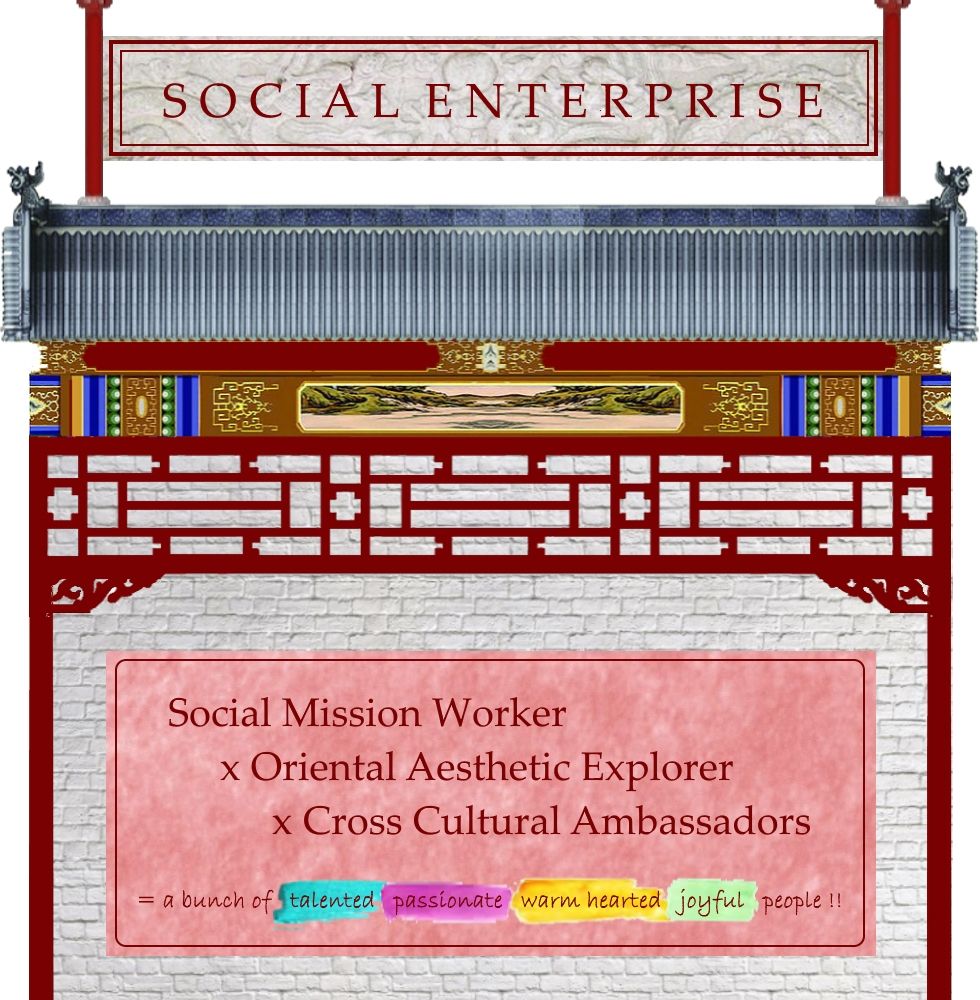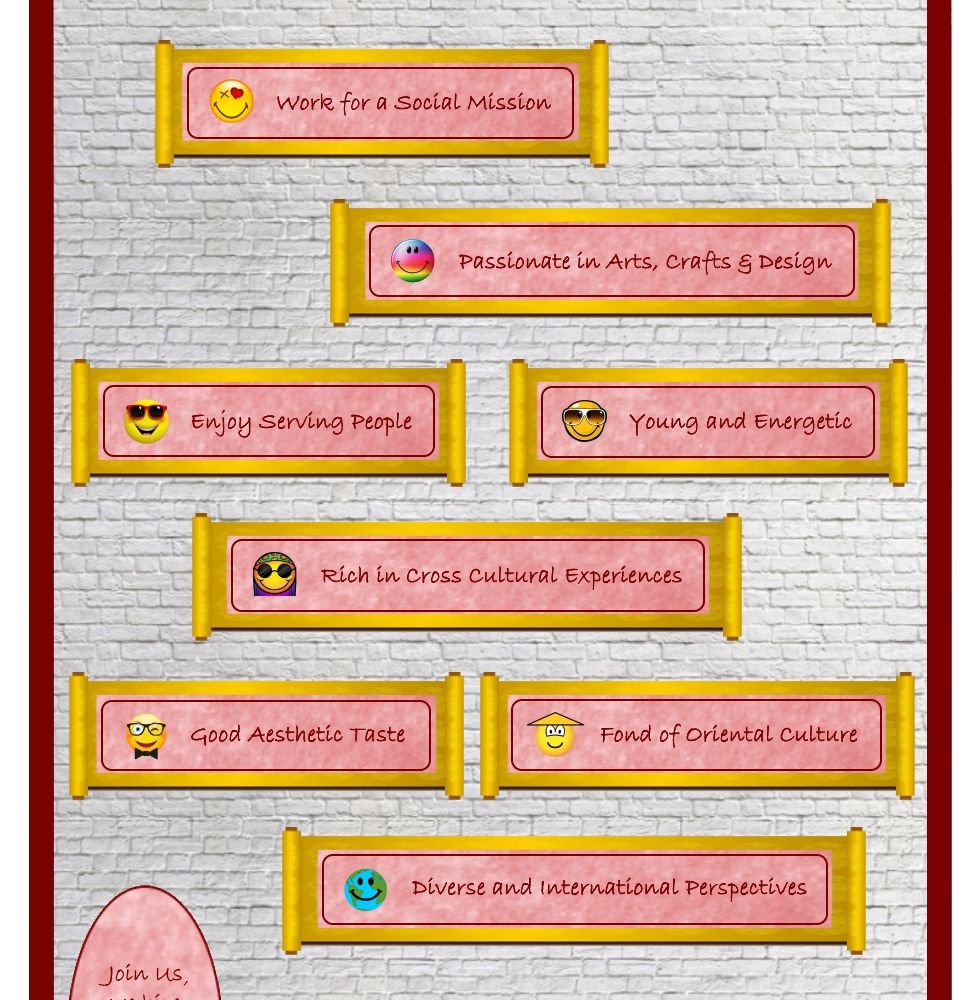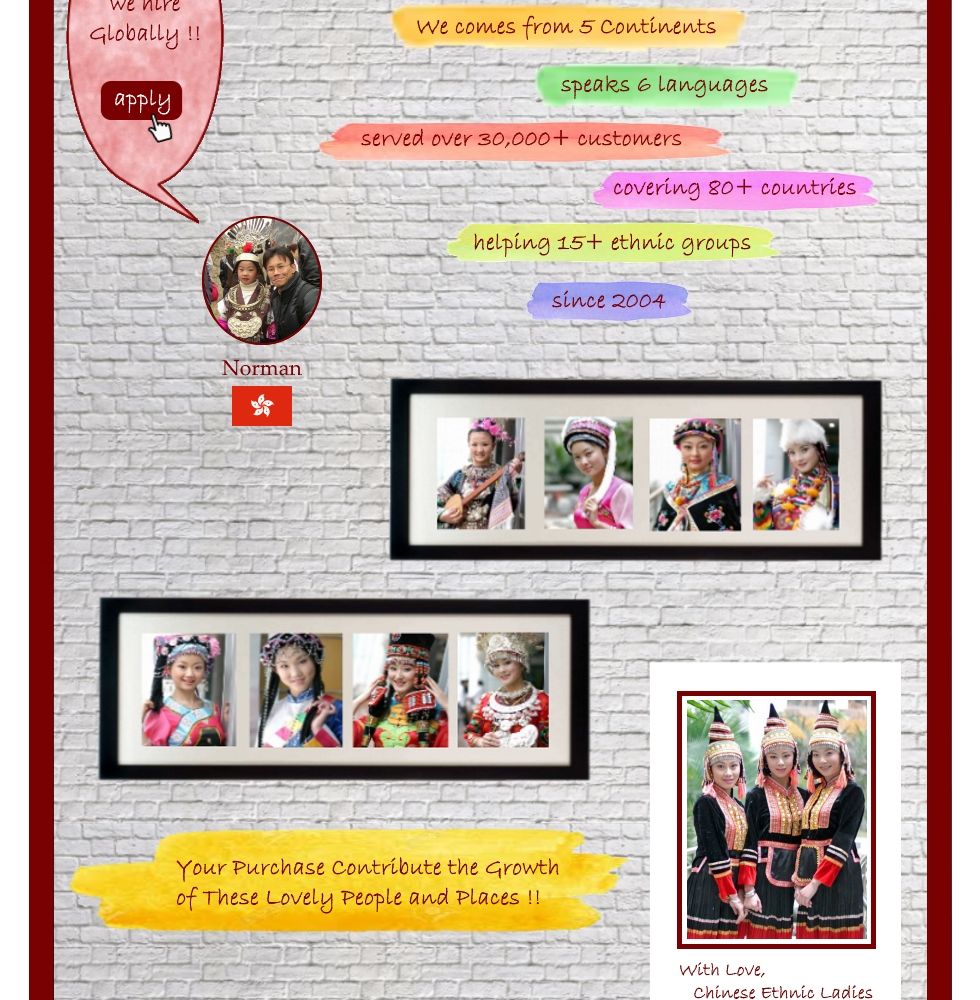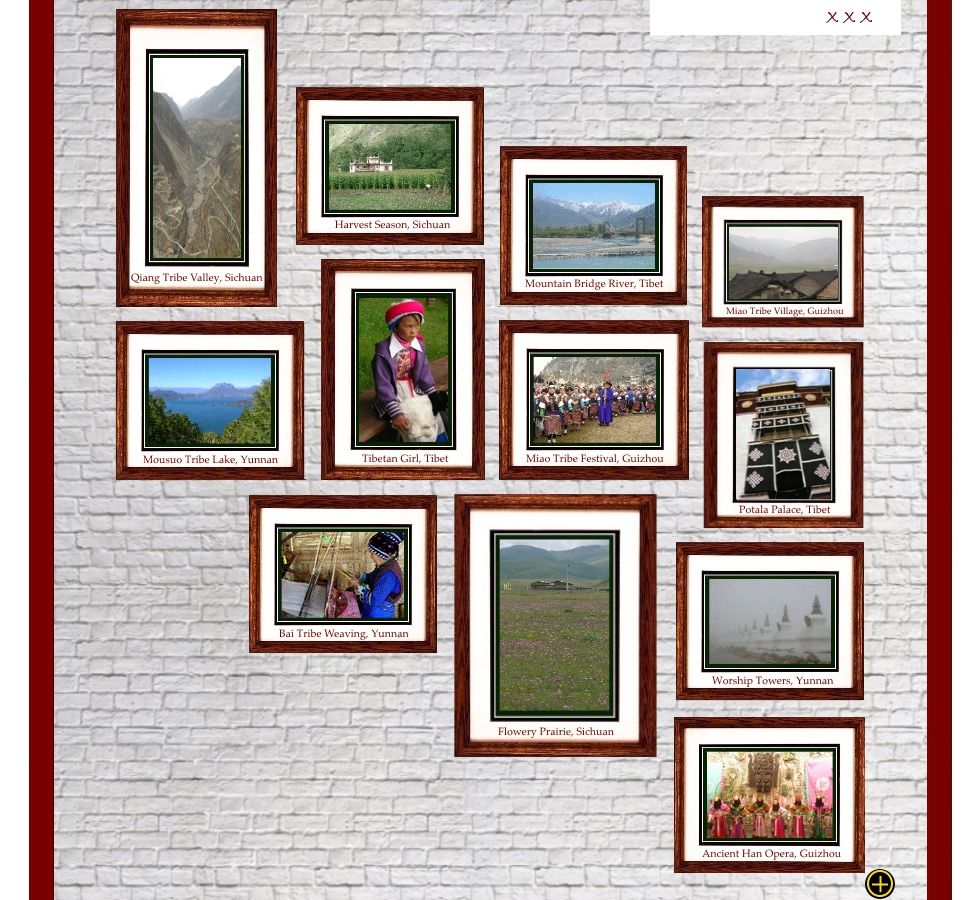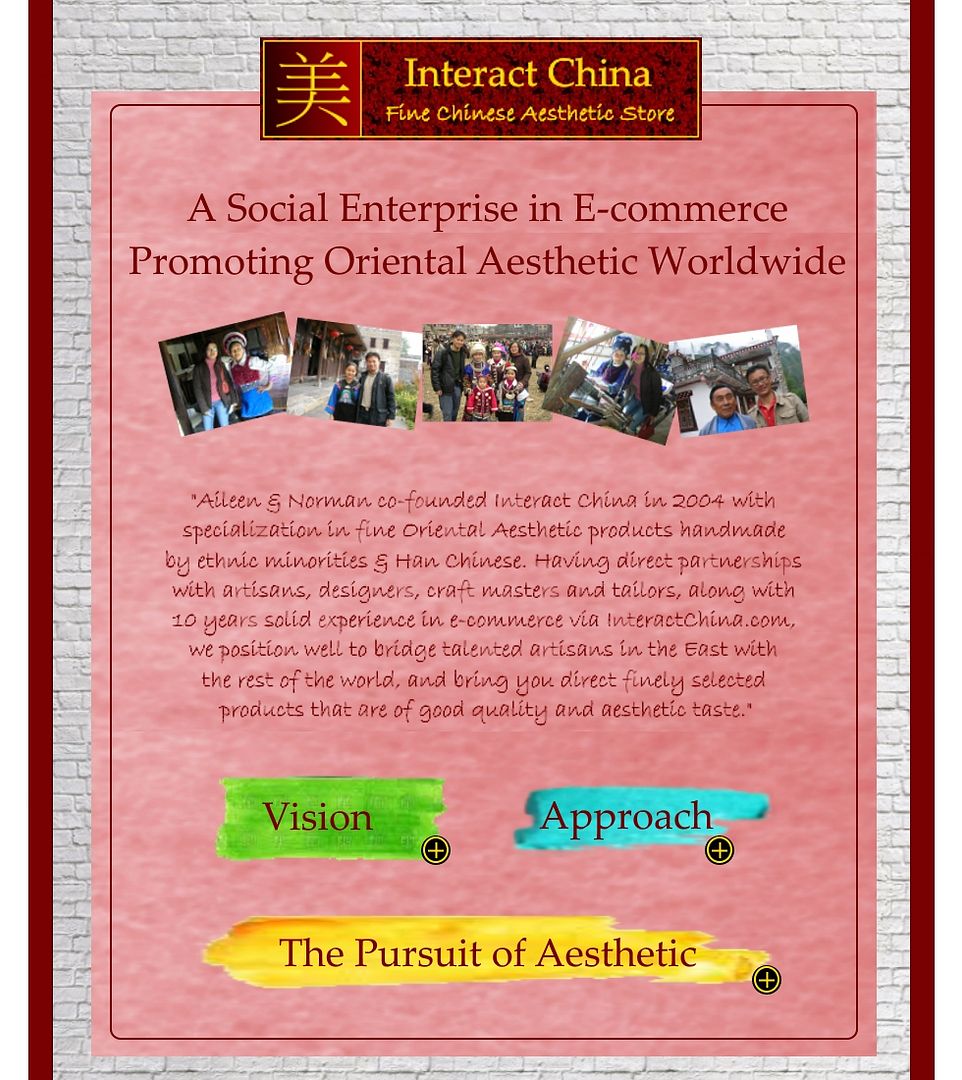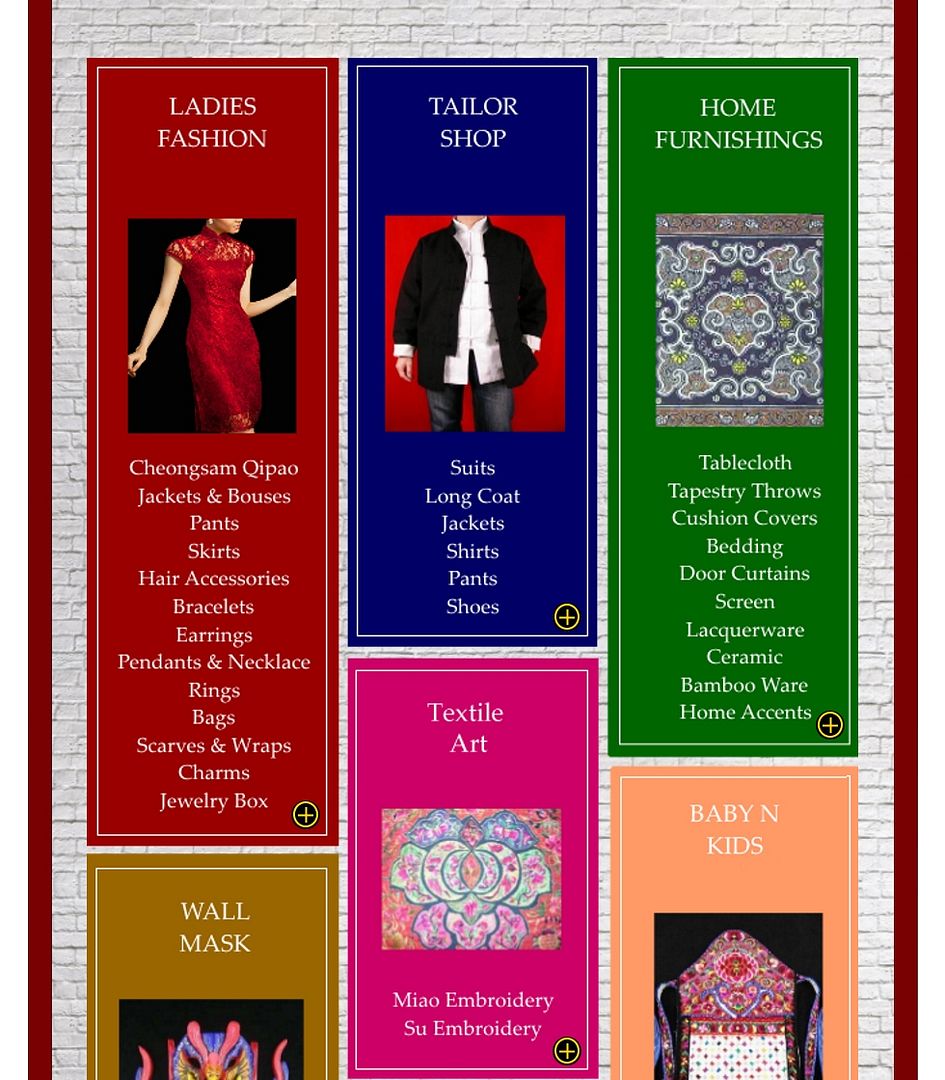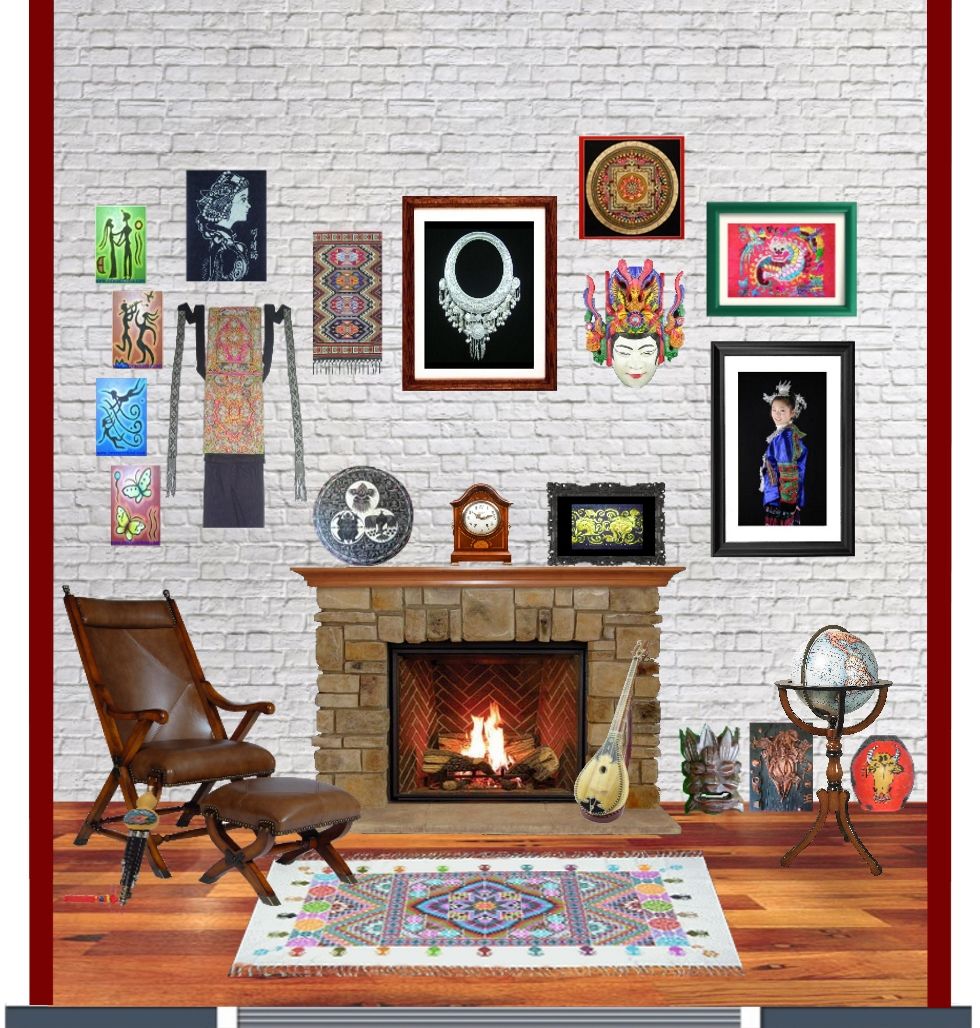Naxi Nakhi People
8th Jun 2017
Naxi Nakhi are an ethnic group inhabit at the foothills of the Himalayas in the northwestern part of Yunnan Province, as well as the southwestern part of Sichuan Province in southwest China.
Origin

The Naxi Nakhi are believed to be the descendants of the nomadic Qiang, an ethnic group inhabiting Tibetan plateau since ancient times. During the Sui (581CE-618 CE) and Tang (618CE-907 CE) dynasties, the Naxi Nakhi were known as the Mosha-yi, or the Moxie-yi. Only after communist rule in China did they call themselves Naxi Nakhi, which means “people who worship black things “.
Religion

Before 1949, most Naxi Nakhi people were followers of the “Dongba” religion, which was a form of Shamanism. Sorcerers, called “Dongba,” were invited to chant scriptures at weddings, funerals, the New Year Day and other festivals. With the influence of both Han Chinese and Tibetan culture, some of the Naxi Nakhi were followers of Lamaism, Buddhism, Taoism and Christianity
Language

Naxi language belongs to the Chinese-Tibetan language family. More than 1,000 years ago, the Naxi people had already created pictographic characters called the “Dongba” script and a syllabic writing known as the “Geba” script. With these scripts they recorded a lot of beautiful folklore, legends, poems and religious classics. However, they were difficult to master, and in 1957 the government helped the Naxi design an alphabetic script. Over the past few hundred years, as the Naxi people have come into closer contact with the people in other parts of China politically, economically and culturally, the oral and written Chinese has become an important means of communication in Naxi society.
Costume

 |
The Naxi Nakhi women wear wide-sleeved loose gowns accompanied by jackets and long trousers, tied with richly decorated belts at the waist. They often wear sheep skin slung over the shoulder, on which are seven stars exquisitely embroidered, with sun and moon symbols, one on each side. This reflects the Naxis’ admiration for diligence — “people start working early in the morning and do not stop until late in the evening.” Women in Ninglang County wear short jackets and long skirts reaching the ground, with many folds. They wrap large black cotton turbans around their heads and wear big silver earrings. Men’s garments are similar to those of the Han people.
Custom

The monogamous family was the main type of Naxi family. Young people’s marriages were all arranged by their parents.

Cremation has been a tradition since ancient times, although burial was adopted in certain Naxi Nakhi areas during the late Qing Dynasty (1644CE- 1912CE). It was common in the past to chant scriptures at the funeral ceremony to expiate the sins of the dead.
Music
  |

Naxi Nakhi culture is largely a mixture of Tibetan and Han Chinese influences, with some indigenous elements. Especially in the case of their musical scores, it acts as the foundation of the Naxi Nakhi literature.
Naxi Nakhi music is 500 years old, and it has developed its own unique style and traits. There are three main styles: Baisha, Dongjing, and Huangjing, all using traditional Chinese instruments. The most common musical instruments are flutes, reed pipes and wind-string instruments. The Naxis are fond of singing and dancing, especially at weddings and funerals. The most popular songs are descriptive and short. They are sung at very high pitch and with strong rhythms, to the accompaniment of simple dances.
Art and Architecture

Naxi architecture, sculpture and painting have reached fairly high standards. Absorbing architectural styles of the Han and the Tibetan, the houses of the Naxi Nakhi are built in a unique vernacular style of one courtyard with five skylights, which have a crude and simple appearance, but with elaborate and delicate patterns on casements and doors. The ancient Naxi Nakhi town of Lijiang is now a major tourist destination.

The temples, though looking very staid and ordinary from the outside, are decorated on the interior with carvings on poles, arches and idols of gods. The decorations include depictions of episodes from epics, dancers, warriors, animals and birds, and flowers. The mural paintings depict Dongba gods, and are derived from Tibetan styles.
Festivals


The traditional festivals include the “Farm-Tool Fair” in January, “God of the Rain Festival” in March, and “Mule and Horse Fair” in July. There are also the Lunar New Year, the Pure Brightness Festival, the Dragon Boat Festival, the Mid-Autumn Festival and the Torch Festival — all being the same as those of the Hans.
by Xiao Xiao @ InteractChina.com
About Interact China
-----------------------------------------------------------------------------------------------------------------------------
"A Social Enterprise in E-commerce Promoting Oriental Aesthetic Worldwide"
Aileen & Norman co-founded Interact China in 2004 with specialization in fine Oriental Aesthetic products handmade by ethnic minorities & Han Chinese. Having direct partnerships with artisans, designers, craft masters and tailors, along with 10 years solid experience in e-commerce via InteractChina.com, we position well to bridge talented artisans in the East with the rest of the world, and bring you direct finely selected products that are of good quality and aesthetic taste.
So far we carry 3000+ goods covering Ladies Fashion, Kungfu Clothing, Home Furnishings, Babies & Kids, Painting Arts, Textile Arts, Carving Arts, Tribal Jewelry Art, Wall Masks and Musical Instruments. Our team speak English, French, German, Spanish and Italian, and serve customers worldwide with passion and hearts.
-----------------------------------------------------------------------------------------------------------------------------
P.S. We Need People with Similar Passion to Join Our Blogging Team!
If you have passion to write about Oriental Aesthetic in Fashion, Home Decor, Art & Crafts, Culture, Music, Books, and Charity, please contact us at bloggers@interactchina.com, we would love to hear from you!






